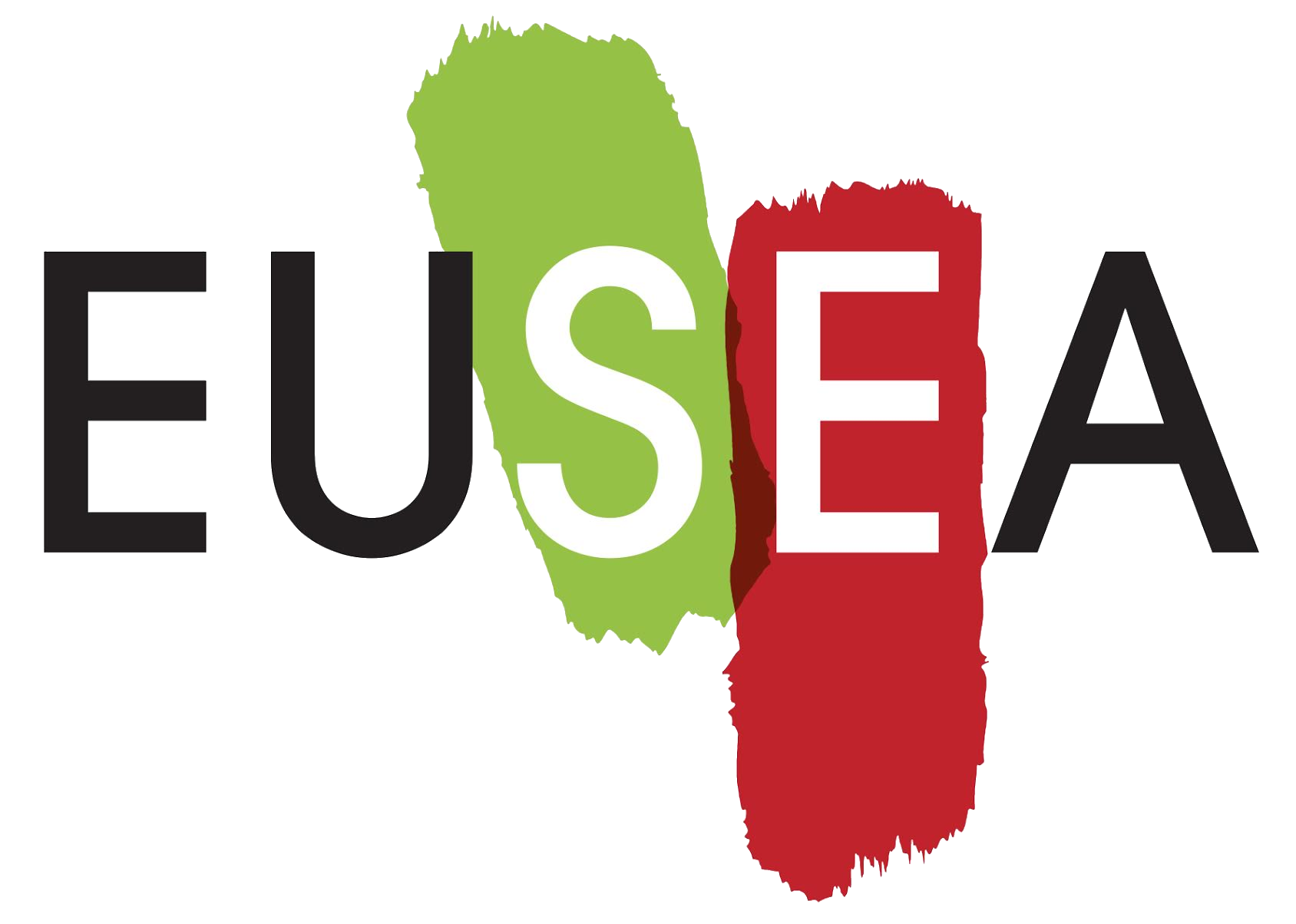Description
The Pint of Science festival aims to deliver interesting and relevant talks on the latest scientific research in an accessible format to the public – mainly within bars and pubs. It provides a platform that allows for a discussion about research, between those who carried it out and interested people who may have little or no prior knowledge of the subject. It is run mainly by volunteers and was established by a community of postgraduate and postdoctoral researchers in 2012.
Each Pint of Science event is curated by a local team of organizers, which comprises a group of volunteers, most often early-career scientists. A single Pint of Science event generally involves two or three scientific talks, that can take any shape – music, comedy, art, or more science. Presentations are generally 20–30 minutes long, to allow time for an active Q&A session and give the participants the opportunity to engage with the speakers, as well as an intermission if required.
Target Audience
- Adult citizens
- Teenagers
You can do it with all those groups, but we did it with professionals from different fields like public engagement or the cultural and creative sector.
Benefits
Benefits
Pint of Science was recently awarded the Points of Light Prize by UK Prime Minister David Cameron in recognition of finding ‘a brilliantly innovative way to take science out of the lab and show thousands of people how interesting science can be. They have inspired students and top scientists around the world to get involved in Pint of Science and make their subjects accessible for everyone. This prize recognises outstanding volunteer efforts that have made a difference in the community.
Pint of Science has made a difference in local communities at multiple levels. It has connected scientists in different disciplines and departments to their local communities, researchers who may not normally meet are now coming together to proudly showcase their work and their institutions to the public. This interaction has promoted new research collaborations and has helped address the challenges of conveying the meaning of research efforts and the scientific journey to different audiences.
Graduate students and postdoctoral fellows have found a role as organisers and communicators and have had a direct impact on the outcome of these scientific exchange events, the communication of science, and how scientists are perceived by the public. The Pint of Science experience has a lasting impact on these young scientists; postgraduates who find themselves moving on to their next career roles within the field of science communication, using the experience they have gained while organising these Pint of Science Events, while also perhaps conducting further Pint of Science events in a different city or country. Beyond the scientific circles, these efforts have brought to the public an increased understanding of what is involved in scientific discovery and the people doing this work. It has also given scientists an opportunity to share with the communities that have supported their research efforts.
Preparations
Project Timeline
| Time | Activity |
| 6 Months in advance |
|
| Two months in advance |
|
| On the day |
|
Single Event Structure
| Time | Activity |
| 10 mins |
|
| 40 mins |
|
| 20 mins |
|
| 10 mins |
|
Personnel roles
| Person | Activity |
| Core Team |
|
| Researchers |
|
| Volunteers |
|



